 Shutterstock
Shutterstock
Purchasing a dog is a significant decision that impacts both the dog and the owner for many years. While some people choose to buy from breeders, it’s crucial to consider the broader implications of supporting the breeding industry. Breeding contributes to issues like overpopulation, unethical practices, and the mistreatment of animals. By adopting from a shelter or rescue group, you make a compassionate, responsible choice that helps address these concerns. Adoption saves lives, reduces overpopulation, and gives deserving dogs a second chance while offering you a loving companion.
Overpopulation Crisis
 Shutterstock
Shutterstock
One of the most pressing reasons not to buy from a breeder is the current overpopulation crisis facing dogs. Every year, millions of dogs end up in shelters, with many of them euthanized simply because there aren’t enough homes for them. Breeding dogs adds to this overpopulation problem by introducing more puppies into the world when countless dogs already need homes. By adopting rather than purchasing from a breeder, you can help reduce the number of dogs in shelters and decrease the need for euthanasia.
Ethical Breeding Practices Are Rare
 Shutterstock
Shutterstock
While some breeders claim to follow ethical practices, the reality is that many breeders operate primarily for profit, often at the expense of the dogs’ well-being. Even breeders who meet basic standards may prioritize financial gain over the health and happiness of the animals. Puppies are often bred in poor conditions, with little concern for their long-term health or emotional development. Ethical breeders who prioritize their dogs’ welfare are rare, and it can be difficult for potential buyers to distinguish between responsible breeders and those cutting corners.
Puppy Mills Fuel Cruelty
 Shutterstock
Shutterstock
Puppy mills are large-scale breeding operations that prioritize profit over the welfare of dogs. Dogs in these facilities are often kept in deplorable conditions, with minimal medical care, poor nutrition, and little to no socialization. Female dogs are typically overbred; they are often discarded when they can no longer produce litter. Many puppies from mills suffer from genetic disorders, illnesses, and behavioral issues due to the lack of proper care. By buying from breeders, you risk unknowingly supporting this cruel industry, which perpetuates the cycle of animal suffering.
Shelters Are Overcrowded
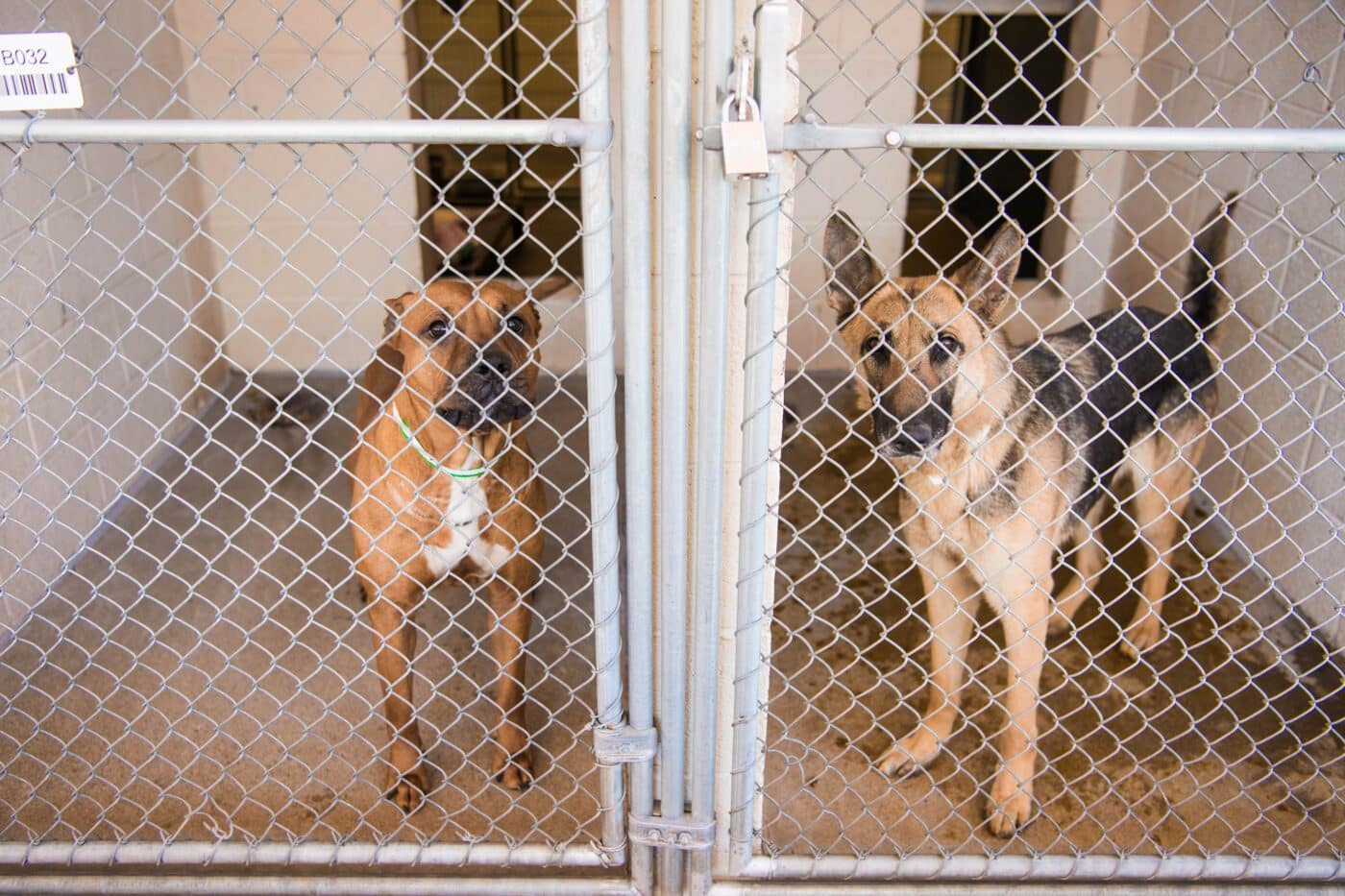 Shutterstock
Shutterstock
Shelters worldwide are overcrowded with dogs of all ages, breeds, and sizes. Many of these dogs are abandoned or surrendered due to changes in their owners’ circumstances, behavioral issues, or because they were purchased from breeders and didn’t meet expectations. When people continue to buy from breeders, it exacerbates the overcrowding problem in shelters. Adopting a dog from a shelter saves a life and helps make room for other needy dogs. Every adoption counts toward reducing the burden on shelters and rescuers.
Health Issues in Purebred Dogs
 Shutterstock
Shutterstock
Purebred dogs are often bred for specific physical traits, which can lead to various genetic health issues. Many popular breeds, such as Bulldogs, Pugs, and German Shepherds, suffer from inherited conditions like hip dysplasia, respiratory problems, and heart disease due to the emphasis on appearance rather than health. Breeders often prioritize traits that appeal to buyers over the well-being of the dogs. Adopting from a shelter makes you more likely to get a mixed-breed dog, which typically has a lower risk of genetic health issues due to a broader gene pool.
Behavioral Problems in Bred Dogs
 Shutterstock
Shutterstock
Dogs bred for specific traits or purposes can also develop behavioral problems. For example, certain breeds may have high energy levels, a strong prey drive, or specific working instincts that don’t always fit into the average household. Breeders may not provide the necessary socialization and training for puppies, which can lead to issues such as aggression, fear, or anxiety. When adopting from a shelter or rescue, you can often learn more about the dog’s temperament and choose one that suits your lifestyle, making the transition to your home smoother.
The Adoption Option Saves Lives
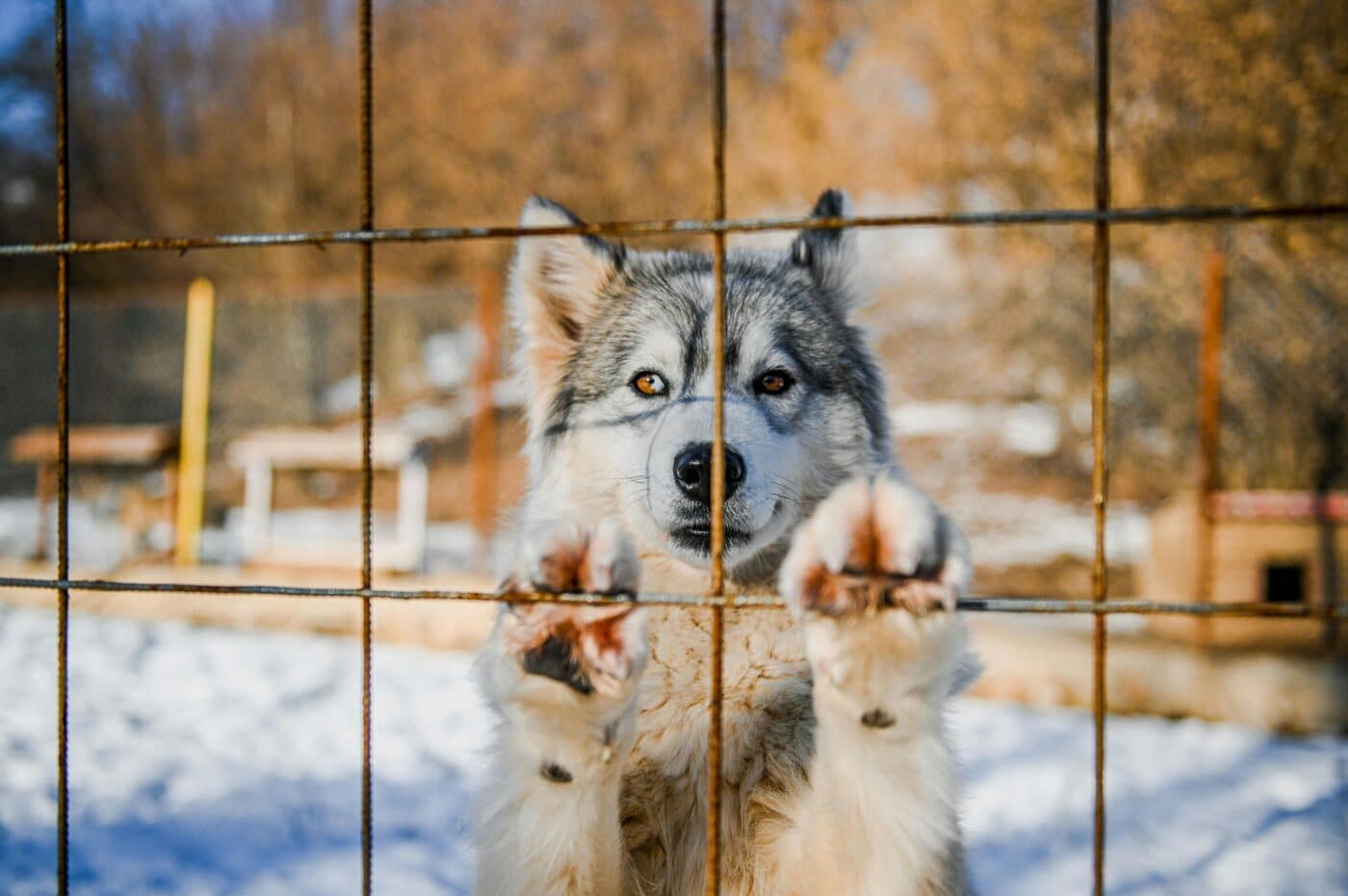 Shutterstock
Shutterstock
Adopting a dog from a shelter or rescue group literally saves lives. When you adopt, you give a dog in need a second chance at a loving home. Many shelter dogs have been abandoned, neglected, or surrendered by their previous owners through no fault of their own. By adopting, you are providing a dog with a safe, caring environment and freeing up space in the shelter for another needy dog. Adoption is a compassionate choice that directly addresses the problem of overcrowded shelters and helps reduce the number of dogs euthanized each year.
Costs Are Often Lower for Adopting
 Shutterstock
Shutterstock
Adopting a dog from a shelter or rescue group is often more affordable than purchasing from a breeder. Adoption fees usually cover vaccinations, spaying or neutering, and a basic health check-up, saving you significant upfront costs. In contrast, buying from a breeder often comes with a high price tag, and you may also be responsible for additional veterinary expenses for vaccinations, microchipping, and spaying or neutering. Additionally, if a breeder’s dog has genetic health issues, you could face long-term medical bills, making adoption a more economical choice in the long run.
Rescue Groups Offer Support
 Shutterstock
Shutterstock
When you adopt from a rescue group, you often gain access to a network of support and resources. Rescue organizations typically offer guidance on how to care for your new dog, help with behavioral issues, and provide ongoing support to ensure the transition is successful. Many rescue groups also have foster programs where dogs live in homes before adoption, so you can get more detailed information about a dog’s personality, behavior, and needs. Breeders rarely provide this level of post-adoption support, leaving new dog owners to navigate challenges independently.
You Can Find Any Breed in a Shelter
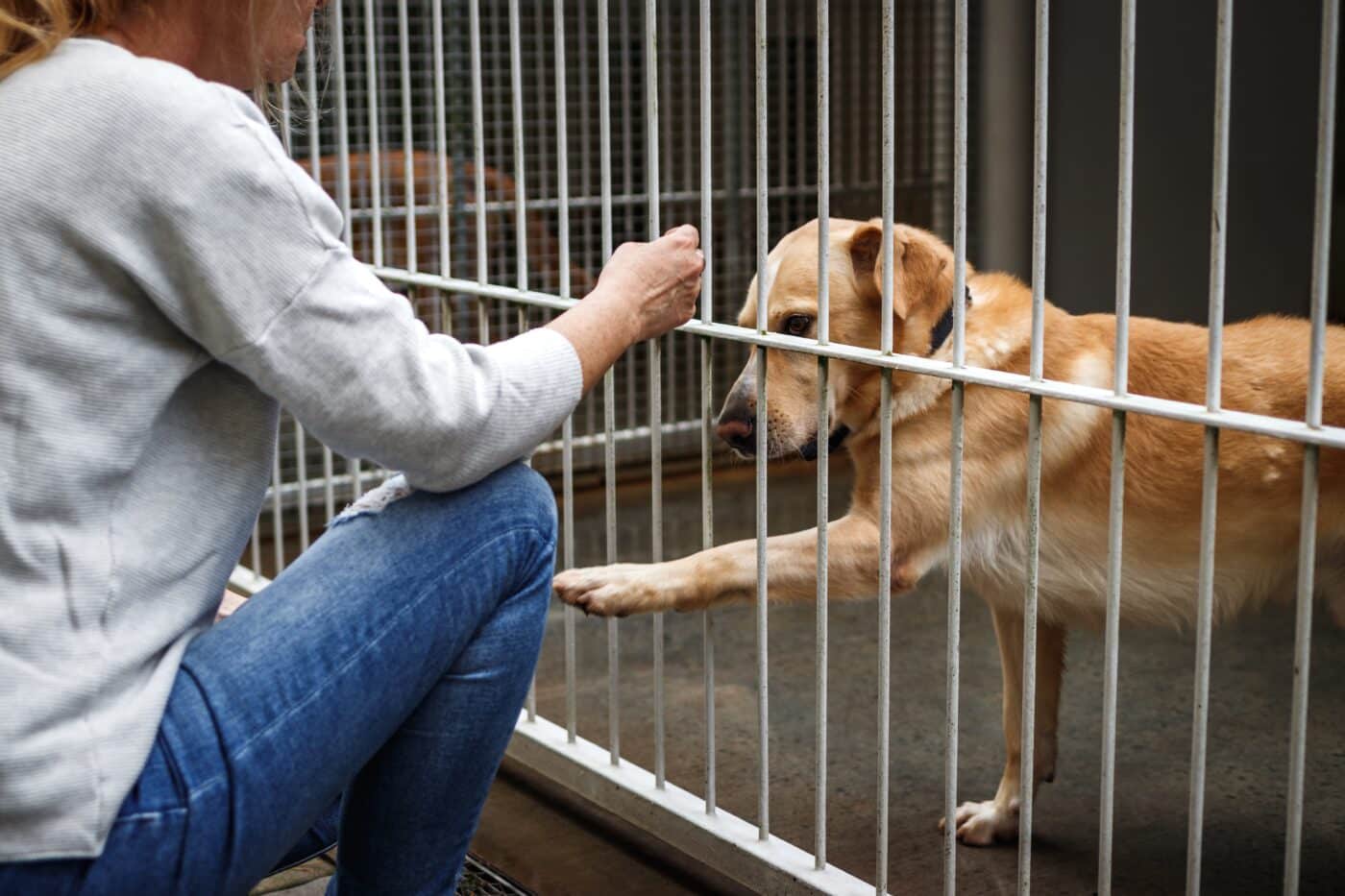 Shutterstock
Shutterstock
A common misconception is that you can only find mixed-breed dogs in shelters, but the reality is that many purebred dogs end up in shelters as well. Whether due to owner surrender, stray situations, or other circumstances, it’s not uncommon to find specific breeds available for adoption. Breed-specific rescues also exist for those looking for particular breeds. If you have your heart set on a specific breed, you can still choose to adopt rather than buy, giving a dog in need a second chance while avoiding the ethical concerns of supporting breeders.
Breeders Perpetuate the Status Symbol Mentality
 Shutterstock
Shutterstock
Certain breeds are often seen as status symbols, with people choosing them more for appearance or prestige than for compatibility with their lifestyle. This mentality fuels demand for certain types of dogs, leading to overbreeding and increased health issues in popular breeds. By adopting a dog rather than purchasing from a breeder, you can help shift the focus away from viewing dogs as status symbols and toward recognizing them as unique individuals with their own needs and personalities. Adoption encourages people to choose dogs based on temperament, compatibility, and mutual love rather than appearance or breed reputation.
Mixed Breeds Are Healthier
 Shutterstock
Shutterstock
Mixed-breed dogs tend to be healthier than purebred dogs because they have a more diverse genetic background, which reduces the likelihood of inherited health issues. The inbreeding practices common among breeders to maintain specific traits often result in genetic disorders that affect the dog’s quality of life. Adopting a mixed-breed dog makes you more likely to have a pet with fewer health problems and a healthier life. Additionally, mixed-breed dogs often have unique personalities and appearances, making them just as lovable as purebred.
You Can Adopt an Adult Dog
 Shutterstock
Shutterstock
While many people gravitate toward puppies, adopting an adult dog has its own advantages. Adult dogs are often already house-trained, socialized, and past the teething and chewing stages, making them easier to integrate into your home. Shelters and rescue groups often have a variety of adult dogs available, allowing you to choose one that fits your lifestyle without the challenges of raising a puppy. Adopting an adult dog also means giving a second chance to a dog that might otherwise be overlooked in favor of younger pets.
Supporting Breeders Contributes to Overbreeding
 Shutterstock
Shutterstock
When people buy from breeders, the demand for more puppies increases, which leads to overbreeding. Overbreeding can have harmful effects on both the dogs and the breed as a whole. Female dogs are often bred repeatedly without adequate time to recover between litters, leading to physical and emotional exhaustion. Additionally, overbreeding can result in more dogs being born than there are homes available, further exacerbating the overpopulation crisis. By choosing adoption over buying from breeders, you help reduce the demand for overbreeding and contribute to a more sustainable and compassionate approach to dog ownership.
Breeders Often Prioritize Profit Over Animal Welfare
 Shutterstock
Shutterstock
Many breeders focus more on profit than the well-being of the dogs they raise. This often leads to poor living conditions, inadequate medical care, and neglect of the dogs’ emotional and physical needs. While reputable breeders exist, the sad reality is that many prioritize money over ensuring the dogs are raised in loving, healthy environments. This emphasis on profit can perpetuate harmful practices and reduce the quality of life for the dogs involved.
The Risk of Inbreeding Is High
 Shutterstock
Shutterstock
Breeders often rely on a limited gene pool to maintain the “purity” of certain breeds, which can lead to significant genetic problems. Inbreeding increases the likelihood of passing on hereditary health conditions, leading to a lifetime of medical issues for the dog. The focus on maintaining specific breed traits at the expense of genetic diversity can cause severe health complications, contributing to a dog’s suffering and higher vet bills for the owner.
Breeding Exploits Female Dogs
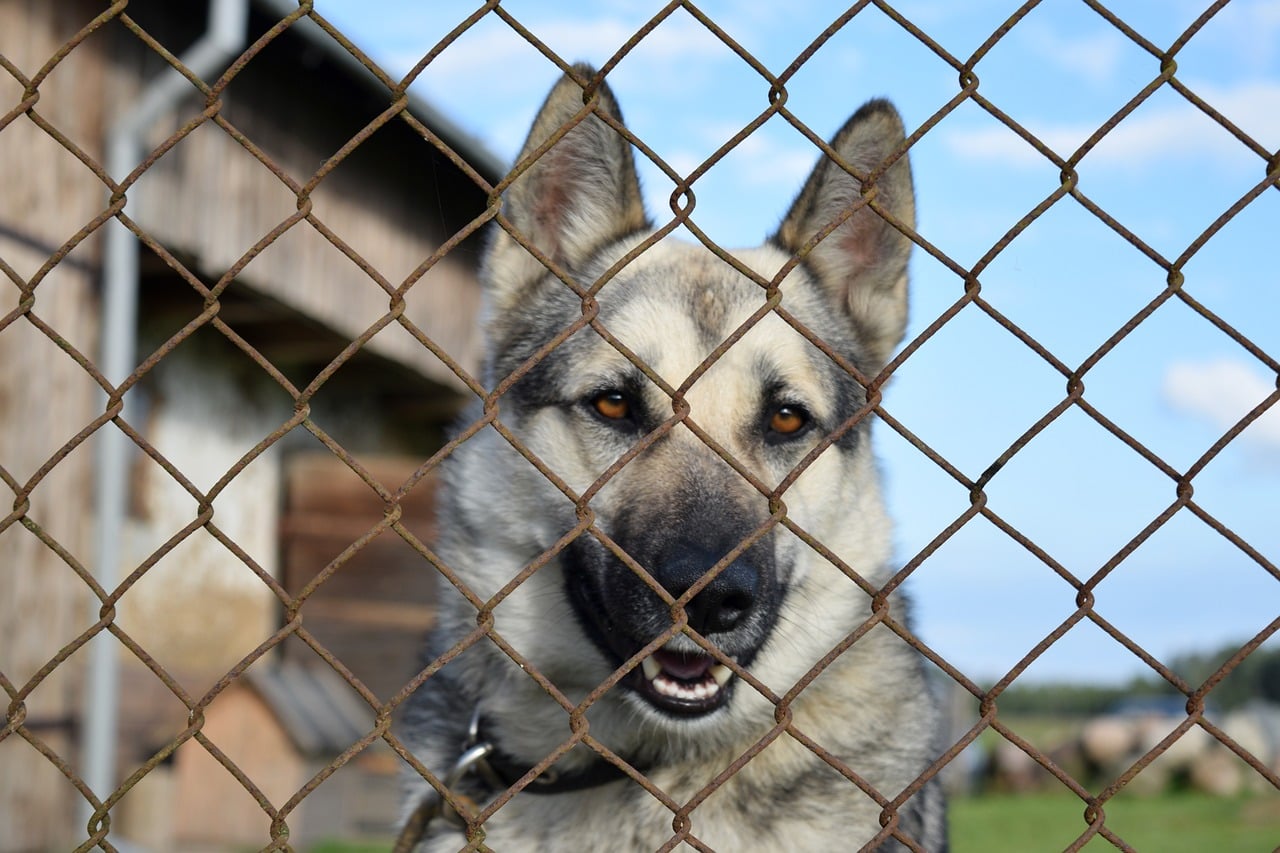 Shutterstock
Shutterstock
Female dogs in breeding programs are often treated as commodities, forced to endure pregnancy after pregnancy to produce as many litters as possible. This constant cycle can take a toll on their physical and emotional health, leaving them exhausted, malnourished, and neglected. Once they are no longer useful for breeding, many of these dogs are abandoned or sold, showing how exploitative the breeding industry can be toward the animals it profits from.
Supporting Breeders Encourages a Culture of Designer Dogs
 Shutterstock
Shutterstock
The growing trend of “designer” dogs—dogs bred specifically for unique looks or mixed-breed combinations—encourages irresponsible breeding practices that focus on appearance over health or temperament. This pursuit of trendy breeds can lead to overbreeding dogs with serious health problems or poor temperaments, contributing to the cycle of unethical breeding. Moreover, this culture of designer dogs fosters a superficial approach to pet ownership, where the dog’s look becomes more important than the dog’s well-being.
Buying from Breeders Discourages Responsible Pet Ownership
 Shutterstock
Shutterstock
Adopting a dog from a shelter or rescue group encourages responsible pet ownership, focusing on giving an animal a second chance at life. On the other hand, buying from breeders can perpetuate a transactional approach to pets, where they are viewed as commodities rather than living beings deserving of love and care. Adopting promotes a compassionate, ethical approach to pet ownership that prioritizes the welfare of animals over profit or prestige.
Choose Adoption Over Breeding
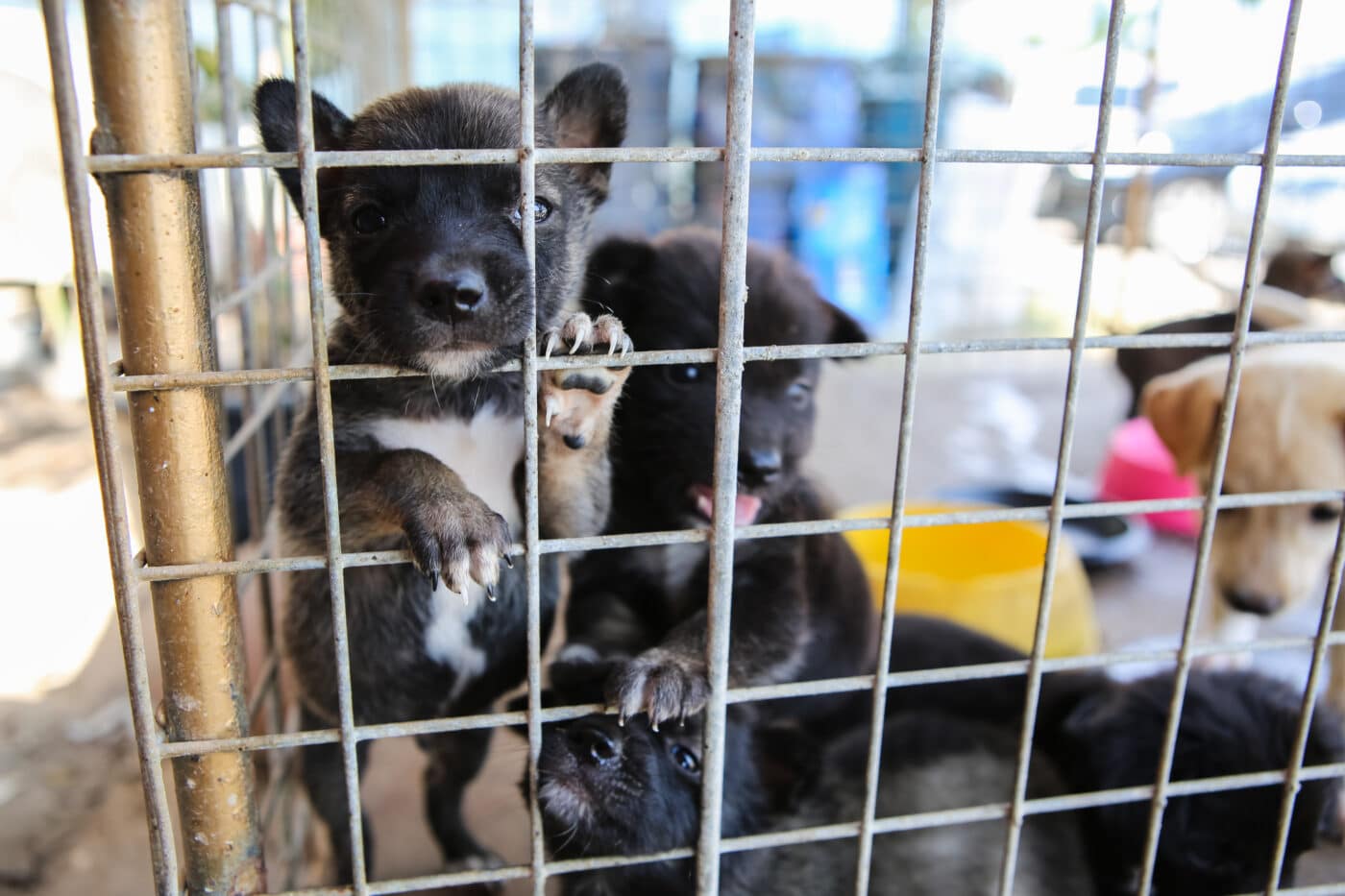 Shutterstock
Shutterstock
Adopting a dog is a compassionate and ethical choice that benefits both the dog and the adopter. By choosing adoption over buying from a breeder, you save lives, help reduce overpopulation, and avoid supporting industries prioritizing profit over animal welfare. Shelters and rescues offer a wide variety of purebred and mixed-breed dogs, all deserving of loving homes. Adoption gives a dog a second chance at a better life and contributes to creating a more humane and responsible world for all dogs.
 Toledo, United States.
Toledo, United States.